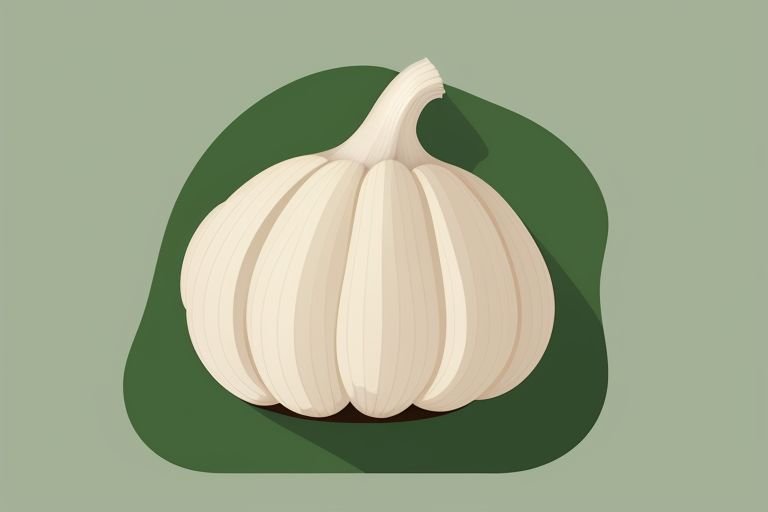Kitchen heroes: Plants that battle mosquitoes
Dengue fever and malaria are two life-threatening diseases originating from mosquitoes. As we all know, dengue fever is caused by the reproduction of mosquitoes in stagnant water, exacerbated by changes in heat as well as rainy seasons. These mosquitoes not only transmit dengue fever, but also other diseases, including chikungunya disease and the Zika virus.
As for malaria, it is primarily transmitted between humans and animals. This means the source of transmission comes from parasites in monkeys through the bite of infected mosquitoes on humans.
Commonly used kitchen plants for mosquitoes- repellence
Are you looking for natural ways to keep mosquitoes at bay? Look no further than your kitchen! In this post, we’ll explore the mosquito-repelling properties of everyday kitchen plants. From the zesty aroma of lemongrass to the versatility of garlic in your favorite dishes, these plants not only add flavor to your meals but also help create a mosquito-free environment in your home.
- Lemongrass

This plant is commonly found everywhere. Besides being a common cooking ingredient, lemongrass contains high amounts of citral, a compound with health benefits. Studies have shown that lemongrass is effective in repelling mosquitoes due to its strong odor. It not only repels mosquitoes but also cockroaches and geckos.
- Tips: Place a few sprigs of fresh lemongrass in a jar. Then, put the jar anywhere in the house where mosquitoes are prevalent. Lemongrass also kills mosquito larvae, making them unable to reproduce.
2. Tea tree plant

Tea leaves have antiseptic, antifungal, antiviral, and antibacterial properties. Also, they are easy to grow and maintain. You can plant it in a pot or as a big tree outdoors to repel mosquitoes.
- Tips: Soak a few tea leaves in water and add a few drops of grapeseed oil. After letting it sit for one hour, pour the solution into a spray bottle and spray it to areas where mosquitoes are likely to breed.
3. Mint

Whether fresh or dried, peppermint retains its unique soothing and comforting aroma for humans while being harmful to insects, including mosquitoes. Planting a mint plant in your house can effectively repel mosquitoes.
- Tips: Soak a few mint leaves in water and add a few drops of grapeseed oil. After letting it sit for one hour, pour the solution into a spray bottle and spray it on an area of your home where mosquitoes are likely to breed.
4. Vanilla

Growing a vanilla tree only requires 30-40% sunlight and 60-80% water in eight months to grow. Dried vanilla leaves can give your home a pleasant aroma, which can also repel mosquitoes.
- Tips: Place a few dried vanilla leaves in a container and keep it in an area of your home where mosquitoes are likely to occur. You can also hang a few dried vanilla leaves at home or rub fresh vanilla leaves on your skin to repel these pests.
5. Cloves and limes

The dried cloves used in cooking are the buds that have been dried and harvested before blooming. Cloves have many benefits and are aromatic and delicious, as is lime. When these two are combined, they create a smell that is unpleasant to mosquitoes.
- Tips: Cut the lime in half. Press some cloves into the lime and place it in a place where mosquitoes can easily breed.
6. Garlic

Garlic has a variety of uses, and one of them is a natural insect repellent.
- Tips: Cut the garlic into thin slices and place them in the corners of doors and windows. You can also mix garlic and lavender essential oil and chop them for even better results.
Conclusion
Embrace the dual benefits of flavor and function with these kitchen plants that not only enhance your culinary adventures but also act as natural mosquito repellents. From the zest of lemongrass to the aromatic allure of garlic, your kitchen is a powerhouse against mosquitoes. So, cook up a storm, savor the flavors, and let these plants add a dash of mosquito-free bliss to your home.
Leave a Reply